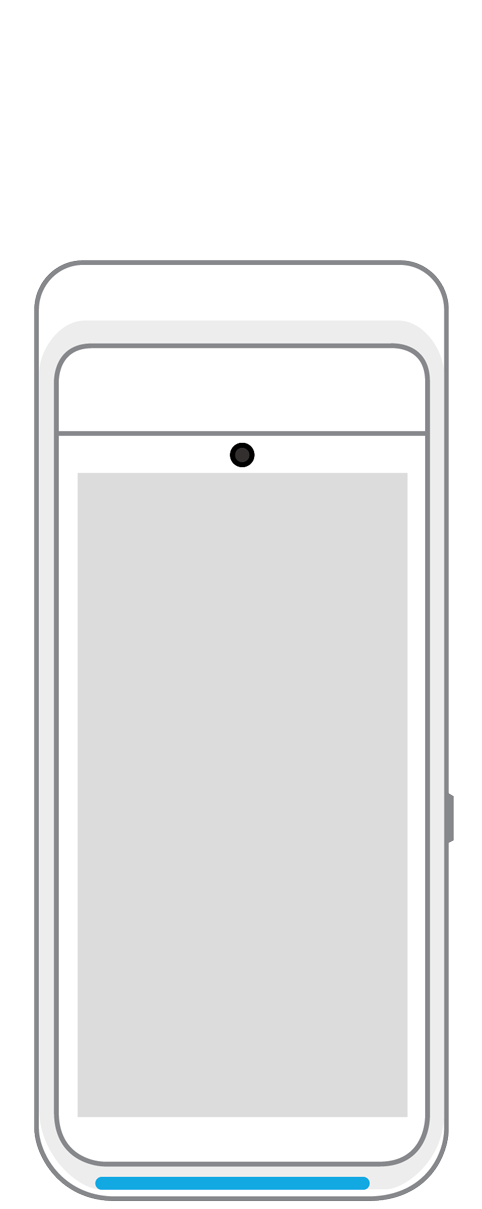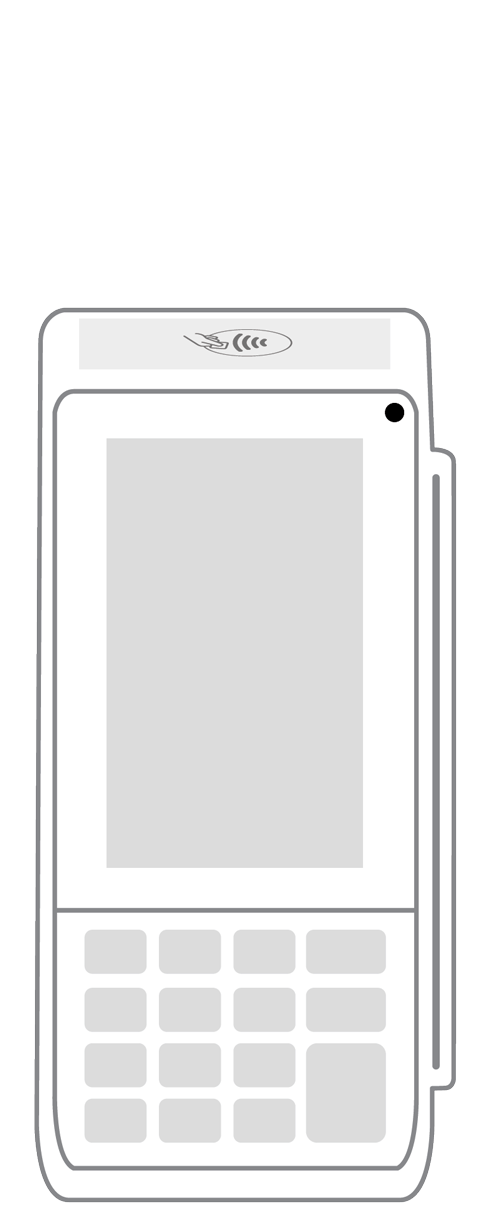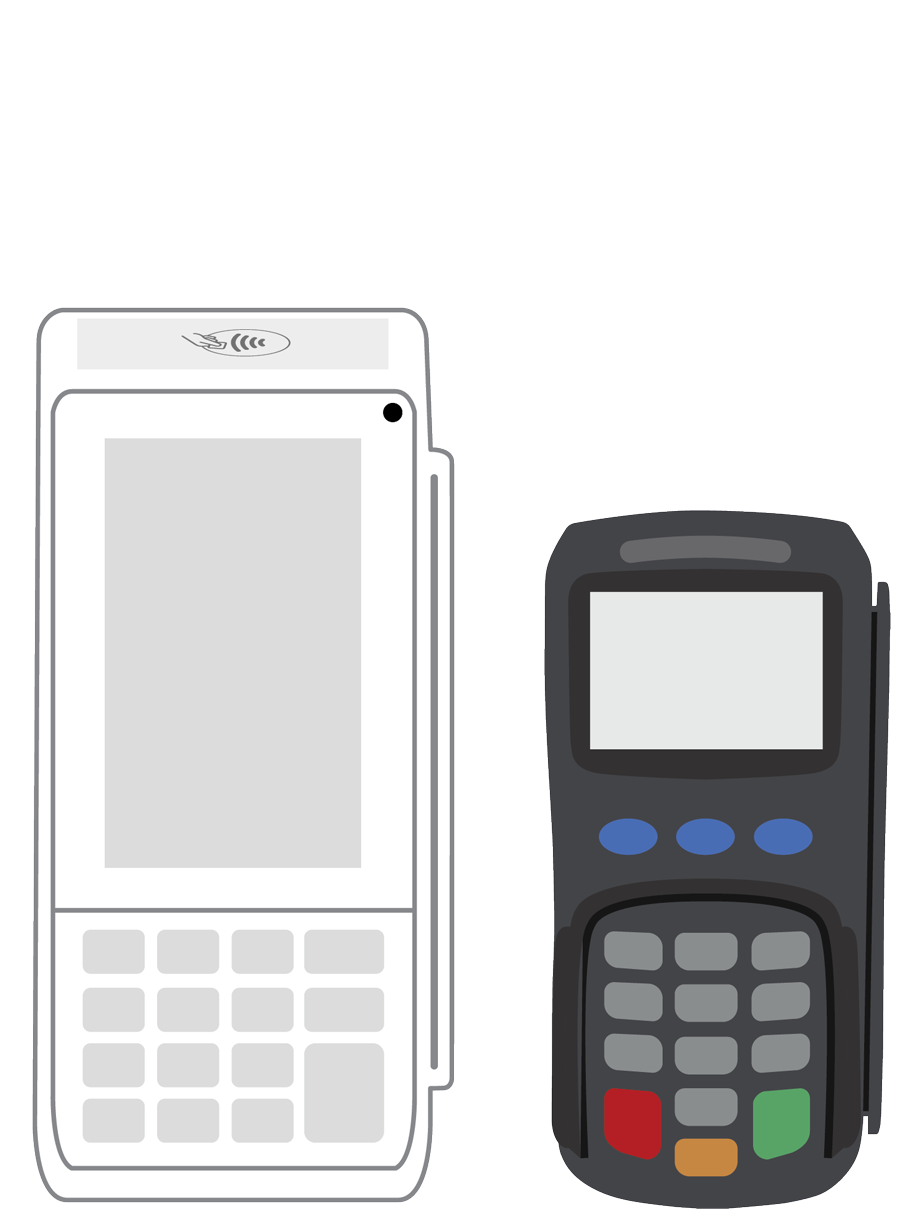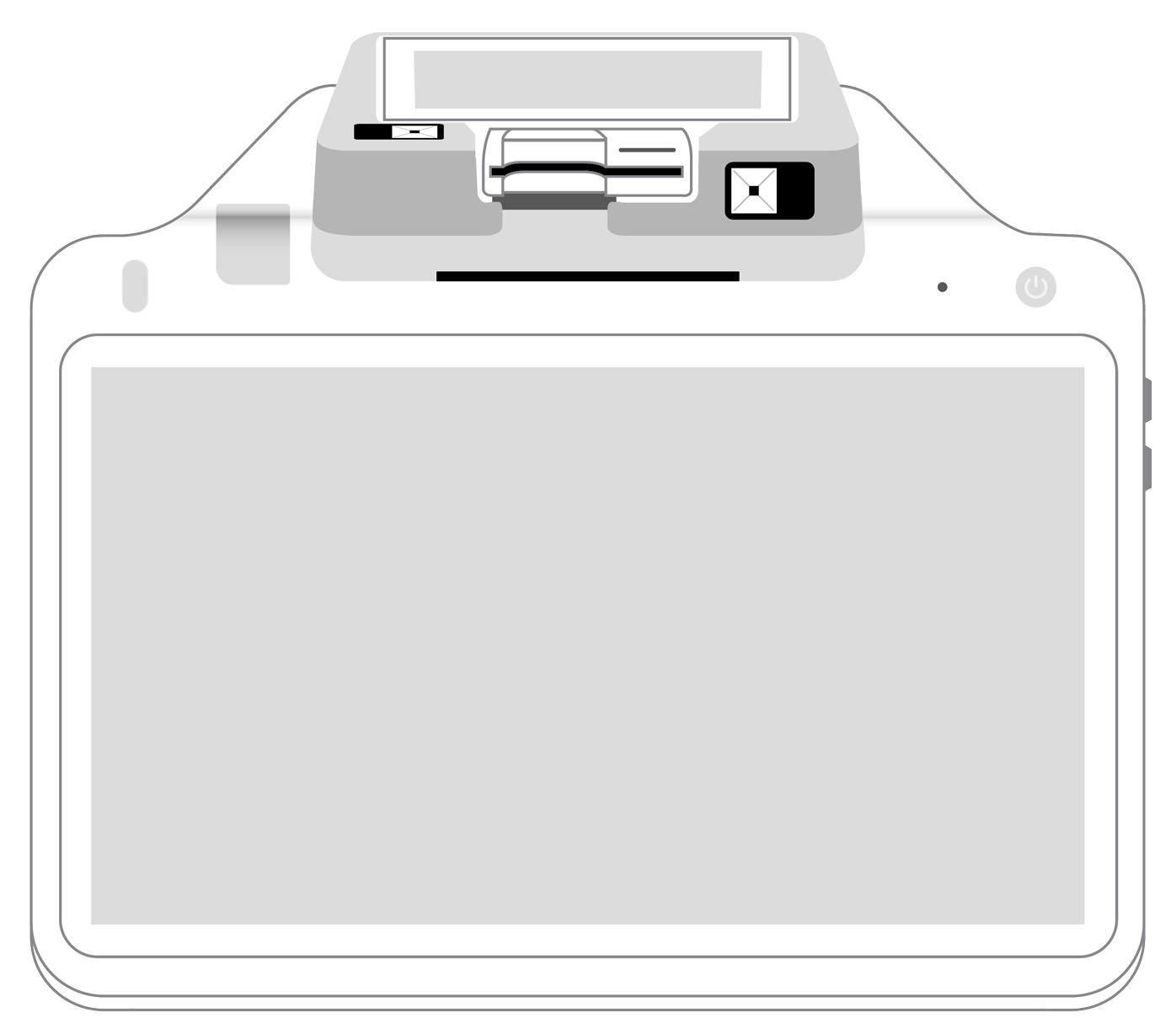What is NFC?

 Most people have used NFC technology - even if they haven't realized it. NFC, or near-field communication, allows two devices to share data. It is embedded in computer cards, print ads and smart cards, and is a feature in many Android phones, Windows phones and the new iPhone.
Most people have used NFC technology - even if they haven't realized it. NFC, or near-field communication, allows two devices to share data. It is embedded in computer cards, print ads and smart cards, and is a feature in many Android phones, Windows phones and the new iPhone.
There are two ways in which NFC works. In two-way communication, two devices can read and write each other - for example, two devices can transfer contacts and photos. In one-way communication, a device can read and write to an NFC chip - like how tapping a commuter card on a terminal can subtract money from its balance.
While other technologies, like Bluetooth, can do similar things - NFC uses less power, something that is of significant importance to battery life in smart phones, according to the article on CNET. NFC is also much easier than Bluetooth pairing which involves making devices discoverable, searching for them and entering passcodes. With NFC, you can exchange the data with just a tap.
So what does this mean for the payments industry? Well, mobile payments will be made possible by NFC using products like Apple Pay or Google Wallet. Several retailers, including big names like Target and Macy’s, have already adopted NFC pay terminals in their stores.
With the introduction of Apple Pay, the popularity of NFC payments has grown and both Android and Apple are seeing an uptick in the use of NFC payments.
Security is the primary concern about NFC payments, but intercepting payment information would be very difficult, according to CNET, because of how the process works. To use NFC for payments, the payment application is first launched on a phone which is then tapped on a terminal. The customer then enters a code or scans a fingerprint to approve the transaction. A secure element (SE) then authorizes the payment and sends the information to the NFC modem. The payment is then processed like a credit card swipe.
Michael Armentrout of Infineon said the SE chips are designed to resist attacks by creating a one-time code used for purchases instead of transmitting debit or credit card numbers, “The includes software attacks but also hardware-based attacks where someone got your phone or SIM card, it would be extremely difficult to obtain info off of that because it’s a chip that is designed to have security mechanisms that go well beyond a normal processor.”
NFC is likely to be a game-changer in the mobile payments space, to learn more about NFC payments and how you can prepare your business with PayAnywhere, visit www.payanywhere.com.
 3-in-1 Reader |  Terminal |  Keypad |  PINPad Pro |  Flex |  POS+ | |
|---|---|---|---|---|---|---|
Payment types | ||||||
EMV chip card payments (dip) | ||||||
Contactless payments (tap) | ||||||
Magstripe payments (swipe) | ||||||
PIN debit + EBT | ||||||
Device features | ||||||
Built-in barcode scanner | ||||||
Built-in receipt printer | ||||||
Customer-facing second screen | ||||||
External pinpad | ||||||
Wireless use | ||||||
Network | ||||||
Ethernet connectivity | With dock | |||||
Wifi connectivity | ||||||
4G connectivity | ||||||
Pricing | ||||||
Free Placement | ||||||